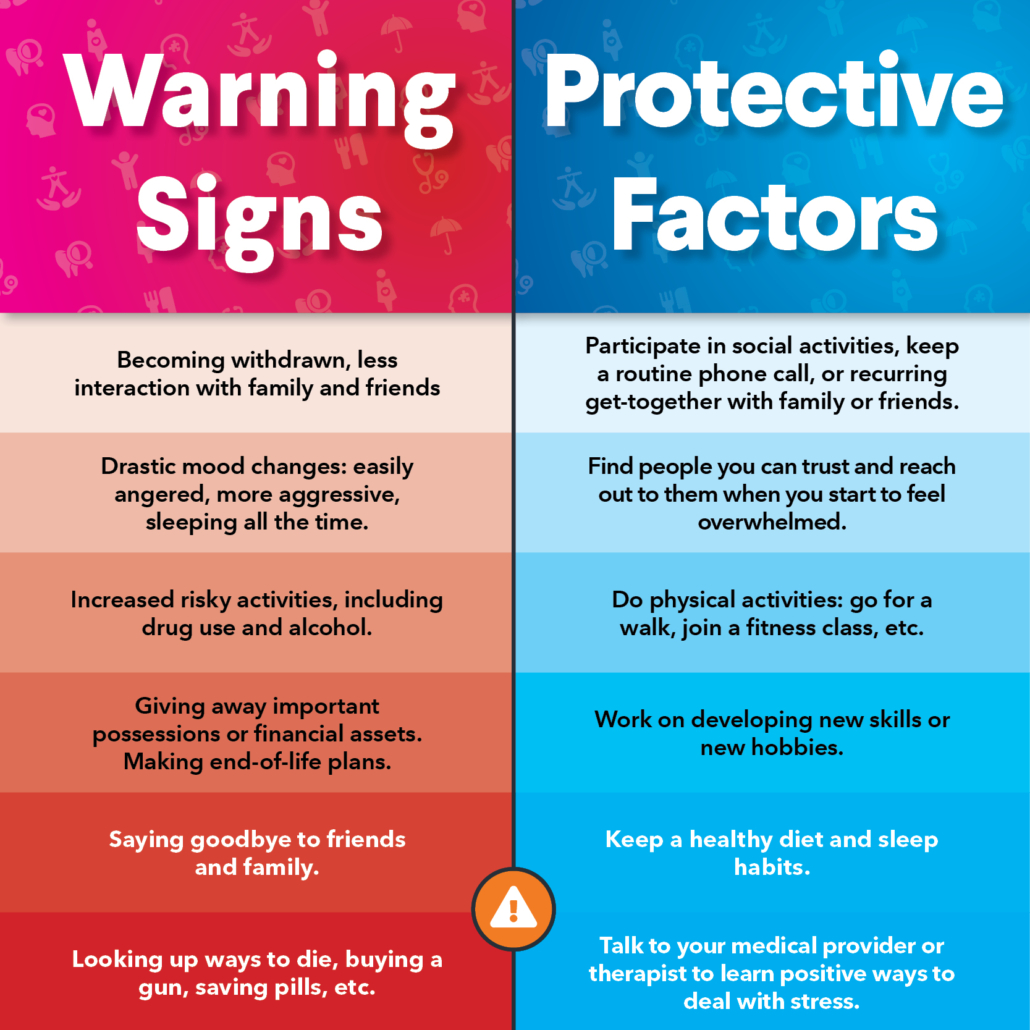Heart-Healthy Foods for October: Boost Your Wellness This Fall
As the weather cools down and fall colors take over, it’s a perfect time to focus on heart-healthy foods that can keep you feeling your best. The fresh, seasonal produce and wholesome ingredients available in October make it easier to enjoy nutritious meals that support your heart health. Here are some heart-friendly foods to include in your diet this month:
- Pumpkins & Squash – Rich in fiber and antioxidants, these fall staples help lower cholesterol levels and keep your heart happy.
- Sweet Potatoes – High in potassium and vitamin C, they help regulate blood pressure and strengthen your immune system.
- Kale & Leafy Greens – Packed with vitamins and minerals, they support overall cardiovascular health.
- Pomegranates & Apples – These fruits are rich in antioxidants, which help reduce inflammation and improve blood flow.
- Nuts & Seeds – Almonds, walnuts, and flaxseeds are excellent sources of heart-healthy fats that can lower bad cholesterol.
- Salmon – Full of omega-3 fatty acids, salmon can help lower the risk of heart disease by reducing inflammation.
- Olive Oil – A staple in heart-healthy diets, olive oil is loaded with good fats that protect the heart.
This fall, make sure to fill your plate with these vibrant, nutrient-rich foods. Your heart will thank you!
If you’re looking for more personalized advice, schedule an appointment with a NOAH provider today to get started on a heart-healthy lifestyle. Call 480-882-4545 or Request and Appointment.
#HealthyEating #HeartHealth #OctoberWellness #NOAHCares


